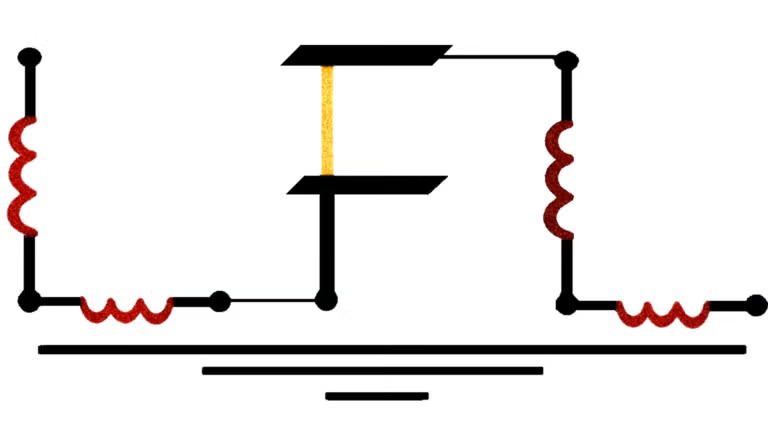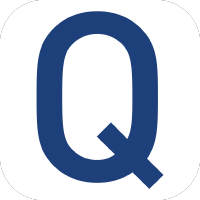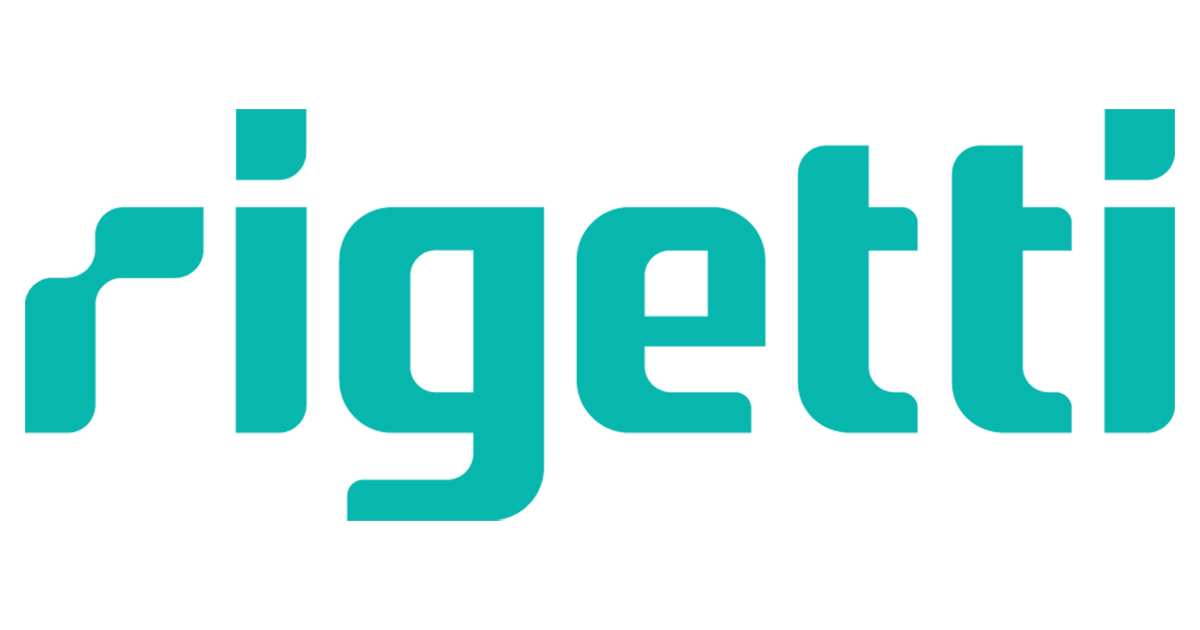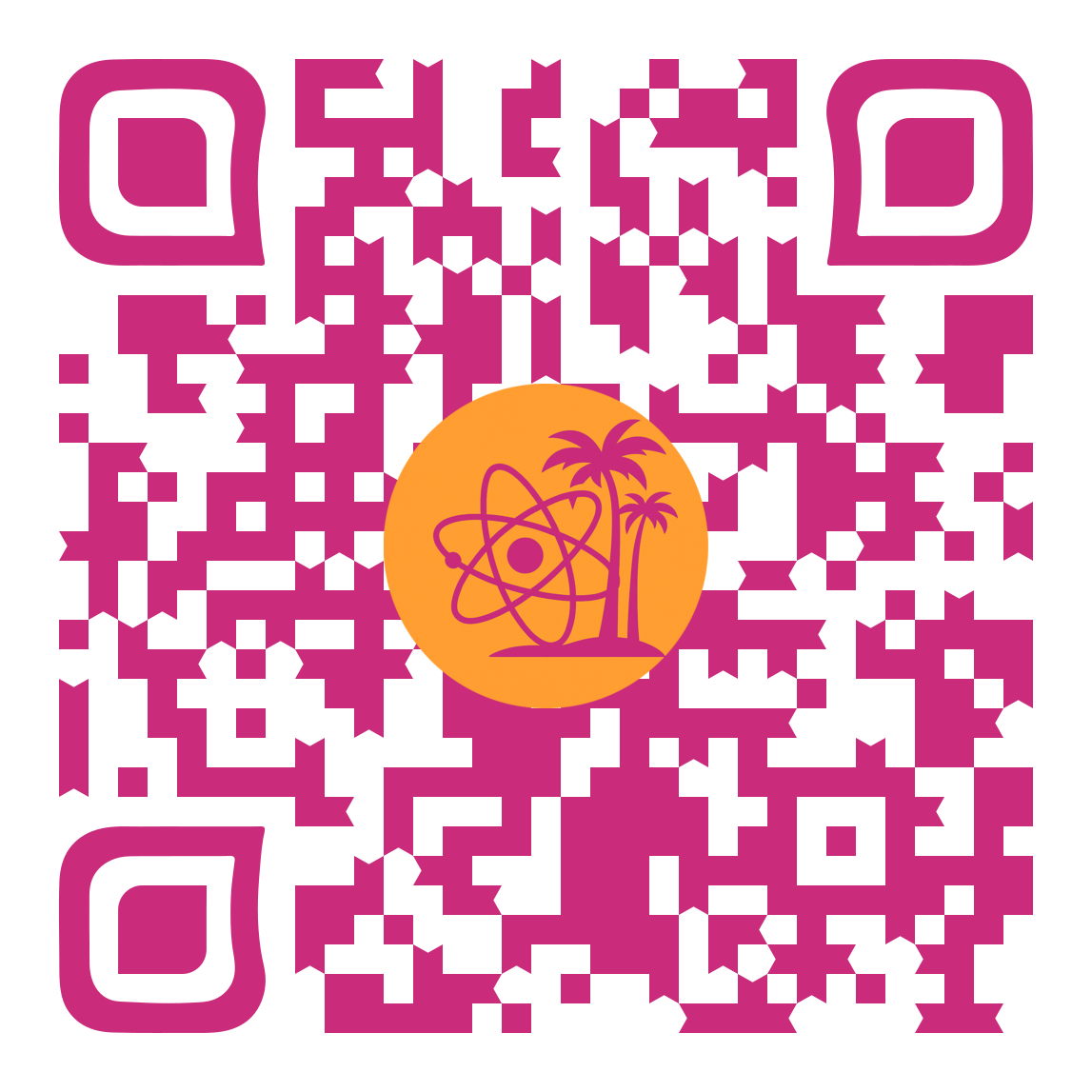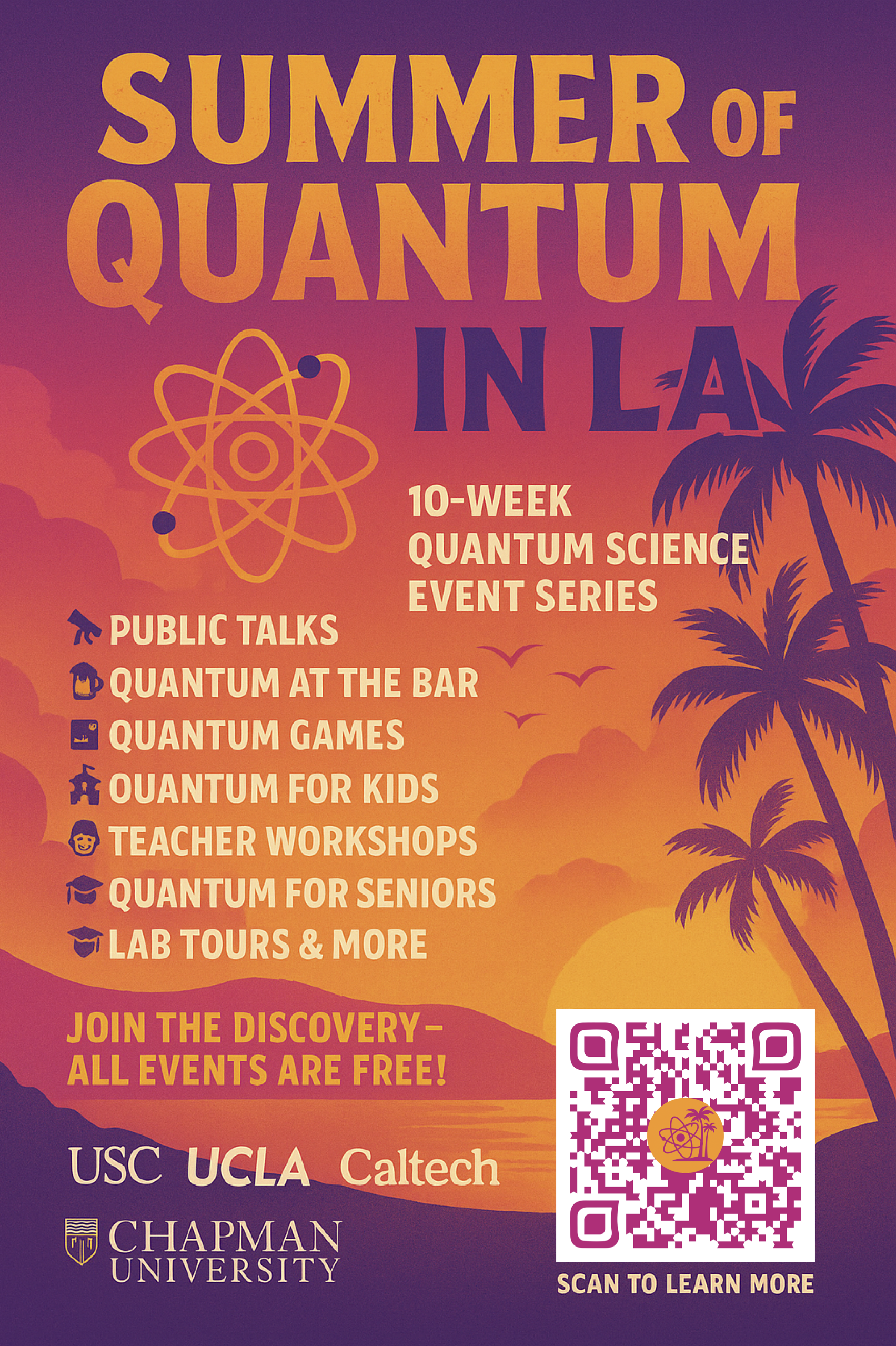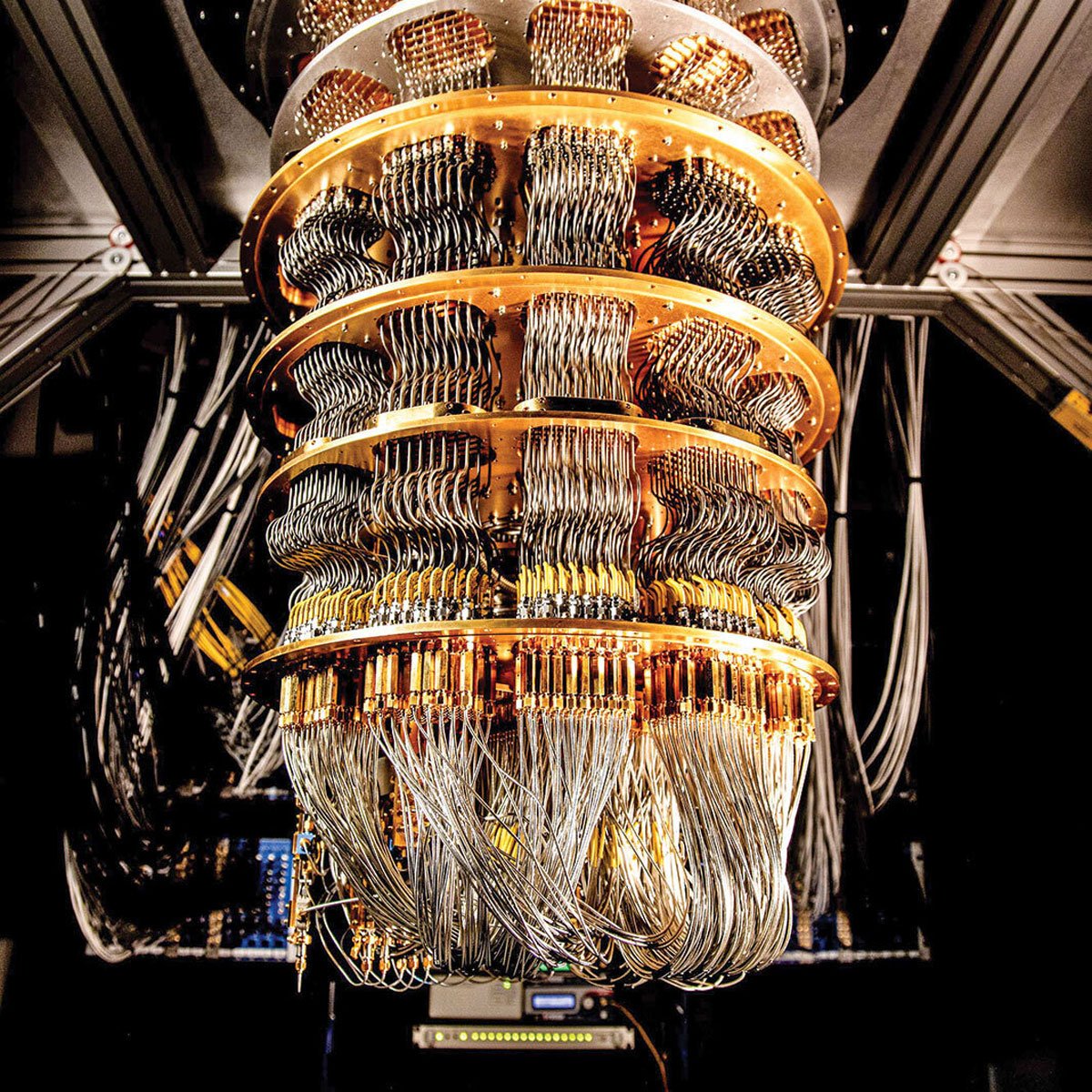
Quantum Device Design Workshop: Superconducting Qubits
Workshop Goals
The Quantum Device Workshop is designed to teach advanced undergraduates and graduate students the art of designing quantum devices. This year we have a 4-day hands-on workshop on how to effectively design superconducting qubits.
We will cover basic theory and simulation techniques, best practices, and general constraints for designing superconducting devices. We will offer a beginner track and an advanced track so that people of all different skill levels can gain something from this event.
There will be an in-person registration for the lectures, workshop, and panel sessions. Attendants can also register for an online-only session for the lectures and limited workshop sessions*.
In-person registration has closed, while online registration will remain open until May 14th!
*There may be some computational resources that we will try to provide that may not be fully available asynchronously.
Location
The Quantum Device Workshop will be hosted in person at the Tesla and Shannon Rooms of Engineering IV, 420 Westwood Plaza, Los Angeles, CA 90095
The Zoom link* and link to code notebooks for the online-only sessions will be released to the participants closer to the workshop date!
*This is subject to change depending on which platform works best for our the needs of the workshop
Special Thanks to these academic groups:
Quantum Device Lab
Our Sponsors
Beginner Track
Day 1: Foundation
Review classical LC circuits, resonance, and transmission lines
Circuit quantization, the Josephson junction, and transmon qubits
Introduction to circuit QED and dispersive interactions
Day 2: Theory
Charge and flux drives and single-qubit gates
Qubit-qubit coupling and two-qubit gates
Readout, SNR, and Purcell effects
Day 3: Design
Design circuit Hamiltonians
Perform EM simulation and learn layout generation tools
Interpret EM simulations (LOM and EPR)
Day 4: Non-idealities and more
Quantum and classical crosstalk, crosstalk suppression techniques
Interface dielectric loss and suppression techniques
Advanced designs, including flip-chips, through-silicon vias, and multi-chip-modules
Advanced Track
Day 1: Introduction
Review of essential topics in superconducting quantum devices, including device design, simulation, and control integration
Day 2: Advanced simulation
Finite element analysis, energy participation ratio calculations, and optimization algorithms
AI-driven approaches in simulation, automated device design processes, and intelligent control systems
Day 3: Devices
Advanced device architectures and cutting-edge applications
Complex multi-qubit systems and advanced control techniques
Day 4: Error correction
Surface code implementations and logical qubit architectures
Device layout optimization



